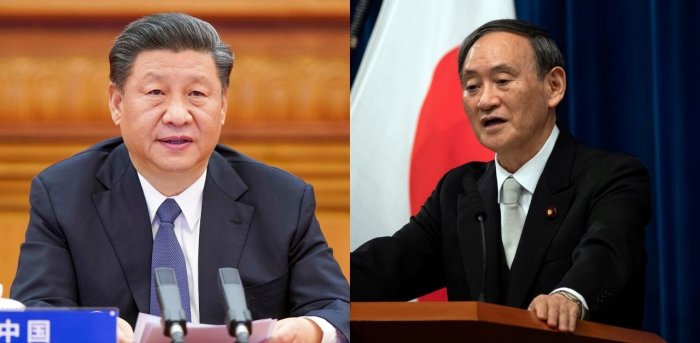China after all this time is not able to come to terms with the fact that sovereign nations are taking sovereign actions. Chinese Communist Party kept on warning nations of dire consequences if they banned the import of either goods or raw cotton from Xinjiang. However, Japan is not willing to kowtow to the demands of Beijing and what may be considered a huge slap to Xi Jinping, Tokyo has banned cotton from Xinjiang. Japanese apparel makers Mizuno and World Co will stop using cotton from China’s Xinjiang due to concerns over alleged human rights violations in the region, Nikkei reported on Friday.
Consumers are increasingly becoming critical of global fashion companies because of their ties to Xinjiang. However, some companies that have stated that they would not use cotton grown in the area have faced strong opposition and boycotts in China. China has been accused by activists and UN human rights experts of using mass detention, torture, and forced labour in the country.
China refutes these assertions, claiming that its policies are important to combat extremism. According to Nikkei, a third apparel firm, COX Co Ltd, has agreed not to use cotton from Xinjiang, based on a survey of 50 Japanese apparel and sportswear manufacturers. While China may try to brush off these claims but with the mounting evidence, it is hard to not look at the extent of human rights violation, and Japan has decided to prefer humanity over small business gains.
Previously Japan has also banned the import of tomato from the Xinjiang region showing its resolute commitment. By ceasing to use tomatoes from Xinjiang, ketchup manufacturer Kagome Co., Ltd. became the first Japanese company to enter a boycott of Xinjiang products. Until now, much of the world’s attention has been concentrated on cotton from Xinjiang, with major fashion companies criticising the region’s persecution of Uyghurs and facing public boycotts as a result.
Earlier, only the United States has prohibited the import of cotton and tomatoes from the area. According to Nikkei, Kagome, Japan’s “ketchup king,” has halted tomato imports, making it the country’s first major corporation to break ties over the Uyghur human rights dispute.
Recently, in a historic move that is bound to scare China to its meek bones, Japanese Defence Minister Nobuo Kishi has announced that his country will be hiking its military budget, notwithstanding the 1 per cent share of GDP cap which Japan has strictly adhered to. What this means is that Japan will now be breaching the 1 per cent of GDP cap which it has put on itself in terms of defence spending. This would allow Tokyo to tremendously bolster its defence capabilities, although Nobuo Kishi also mentioned that the focus would also be towards increasing Japan’s offensive capabilities.
Since the 1990s, Japan has kept its defence spending below 1 per cent of its GDP. With the Defence Minister now saying that the 1 per cent of GDP cap will no longer be paid heed to, Japan has effectively sent across a signal to just China, that it will no longer let Beijing have a free run in the region and add to that the decision to ban Chinese cotton, proofs are only piling.
As a result of Western governments cracking down on cotton sourced from the area, Japanese apparel companies like Mizuno are considering moving to other materials. A shipment of men’s shirts for the Uniqlo chain was reportedly blocked by US Customs and Border Protection in January for allegedly breaching an import ban on goods containing cotton sourced from Xinjiang. Last month, Tadashi Yanai, chairman and CEO of the chain’s operator Fast Retailing Co., said that if goods were made with forced labour, the company would immediately stop doing business with them, but he declined to comment further on the region’s human rights issues.
Japan has become more expressive and assertive in its action against the Chinese Communist Party and these developments only go on to further prove the hypothesis that Japan will not let China have its way without consequences.
